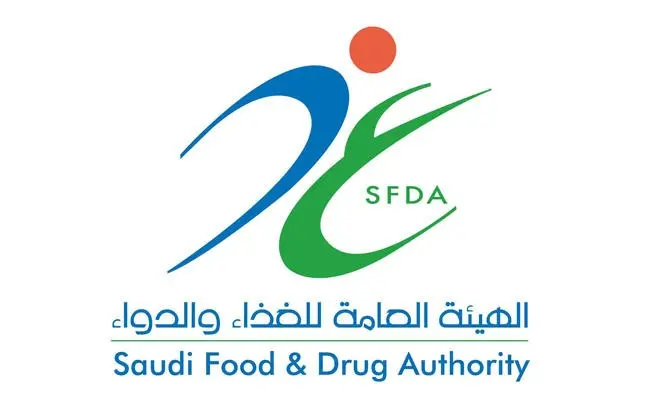
Saudi Food & Drug Authority Issues New and Updated
Guidance Documents – Q1 & Q2 2024 Update
During
the first two quarters of 2024, the Saudi Food & Drug Authority (SFDA)
issued a series of new and revised guidance documents that significantly affect
medical products, medical devices, and related regulatory processes in Saudi
Arabia.
21 May 2024
Key Changes Include
Priority Review Revision:
The SFDA removed the “first generic” criterion from its Priority Review program (v5.3), focusing on selected human, veterinary, and biosimilar products for expedited evaluation.
Conditional Approval Framework:
A new approval pathway allows provisional authorization of innovative treatments for up to two years (potentially extendable twice), streamlining early access for serious or life-threatening conditions.
Herbal & Health Products Requirements (v3.0):
Enhanced dossier obligations now mandate patent status declarations and detailed marketing authorization holder information.
Preclinical Studies Guidance (v1.0):
Outlines the minimum non-clinical data required for clinical trials, marketing authorizations, and variation applications, reinforcing SFDA’s safety and efficacy standards.
Product Classification Guidance (v7.0):
Updates classification rules for raw materials, food supplements, custom-made medical devices, and certain unregistered products, clarifying regulatory pathways and labeling responsibilities.
In-House IVDs Guidance (MDS-G022):
Details quality management and performance criteria for laboratory-developed in vitro diagnostic devices, emphasizing proper design, risk assessment, and post-market surveillance.
Surgical Sutures & Biotech-Based Devices:
Additional guidance (MDS-G021 and MDS-G016) clarifies compliance requirements, design considerations, and safety standards for sutures and biotechnology-driven medical devices.
Good Manufacturing Practice for Blood Establishments (v3.0):
Revised definitions, donor eligibility protocols, and data-processing requirements ensure a more robust quality management system for blood and blood components.
By introducing these updated guidelines, the SFDA aims to advance patient safety, align with international
best practices, and improve efficiency for manufacturers and healthcare providers in Saudi Arabia.

SFDA
Issues Version 5 of MDS-REQ2: Updated Clinical Study Requirements for Medical
Devices
The Saudi Food and Drug Authority (SFDA) has officially released Version 5 of its regulatory guidance titled MDS-REQ2. This document outlines the requirements for conducting clinical studies on medical devices and medical supplies within the Kingdom of Saudi Arabia.
The updated guidance, effective June 2025, provides enhanced clarity and regulatory expectations for clinical investigations, aligning with international good clinical practice (GCP) standards while addressing specific national regulatory procedures.
22 June 2024
Key Highlights of MDS-REQ2 Version
5:
Defines the process and documentation required for initiating clinical studies in Saudi Arabia.
Clarifies roles and responsibilities for sponsors, investigators, and authorized representatives.
Details the procedures for clinical trial applications, approvals, monitoring, reporting, and final submission of results.
Emphasizes compliance with ISO 14155 for clinical investigations involving medical devices.
Applies to all medical devices and supplies requiring clinical data to demonstrate safety and performance.
This guidance is mandatory for manufacturers, importers, CROs, and regulatory consultants engaging in medical device clinical trials under SFDA jurisdiction.
Access the Official Document
🔗 Download SFDA MDS-REQ2 Version 5 – English (PDF)

Important announcement for representatives of
medical devices companies in Egypt
In a move to streamline the registration process for medical devices in Egypt and to align with international regulatory practices, the Egyptian Drug Authority (EDA) has issued a formal announcement clarifying the certification requirements for registering medical devices under the European CE Marking System, whether under the MDR, MDD, or self-declaration/CE extension pathways. This guidance applies to manufacturers and their authorized representatives registering products with CE certification from recognized regulatory jurisdictions.
25 June 2025
Accepted Certification Scenarios
For CE Certificates under MDR:
The following documentation is acceptable for covering the legal and/or actual manufacturer:
- ISO 13485:2016 certificate (must cover either the legal or actual manufacturer)
- GMP Certificate clearly showing compliance with ISO 13485:2016 requirements (must verify ISO equivalence)
For CE Certificates under MDD, CE Extension, or Self-Declaration:
One of the following must be submitted:
- ISO 13485:2016 certificate
- GMP certificate confirming alignment with ISO 13485:2016 issued by a recognized body
Certificate Verification Requirements
To ensure that the submitted certificate covers the actual manufacturing site, one of the following forms of verification is required:
- The actual manufacturer’s name and address must be clearly stated in the certificate.
- A supporting letter from the issuing authority must confirm that the certificate applies to the actual manufacturer.
- A direct confirmation must be sent from the certifying body to EDA.
Bahrain’s NHRA
Launches “ADWEYA” Digital Platform to Transform Health Product Regulation
The National Health Regulatory Authority (NHRA) today launched ADWEYA, a comprehensive online platform marking a major milestone in Bahrain’s healthcare digital transformation. Effective immediately, authorized agents can register accounts and submit regulatory activities entirely online, eliminating traditional paperwork and appointment delays.
Manama, Kingdom of
Bahrain –June 1, 2025
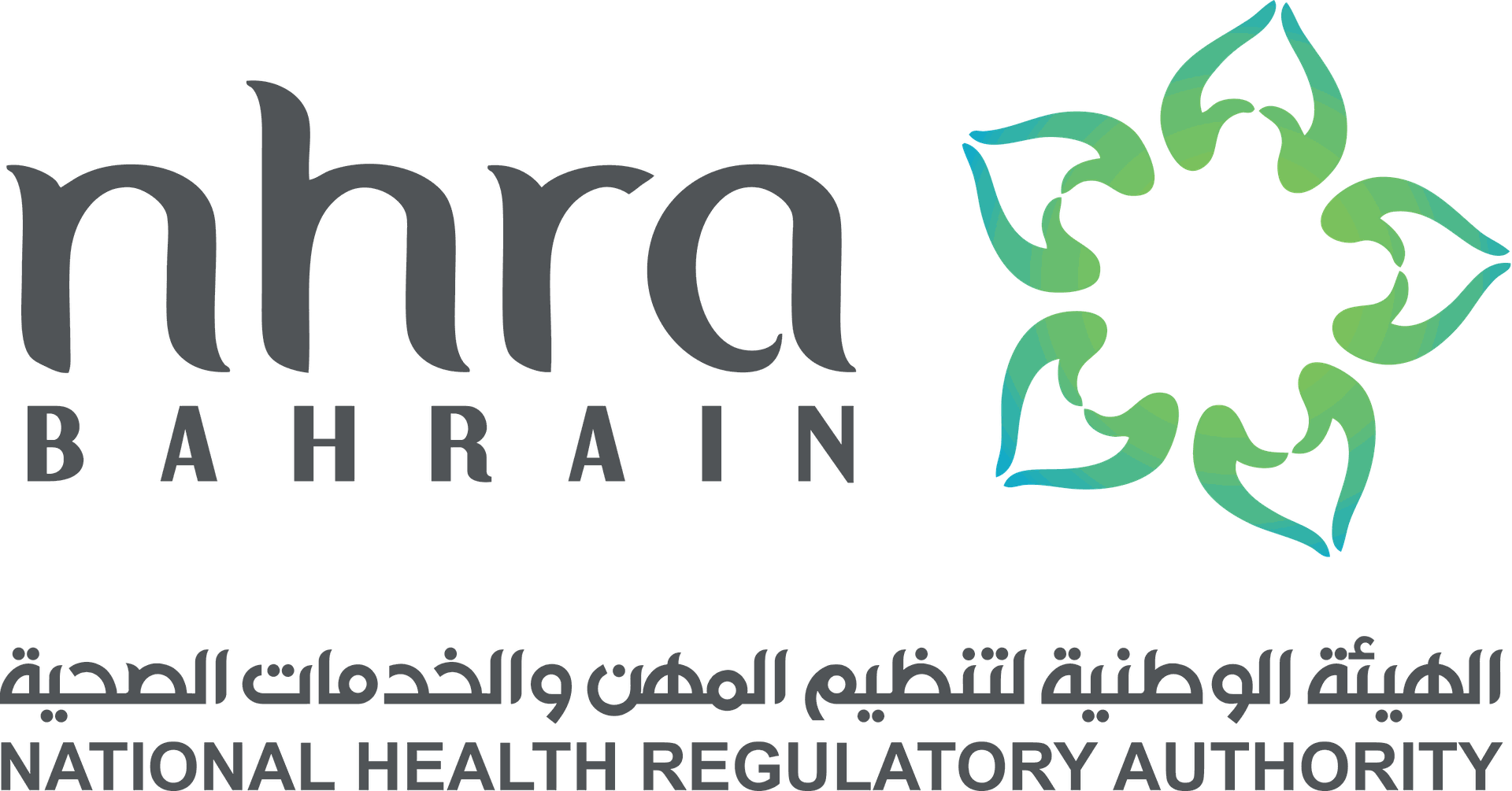
Streamlined Phase 1
Services (Live Now):
The platform’s initial phase enables digital submissions for:
- Manufacturing site registrations, renewals, and production line additions
- Health product registrations, renewals, and post-approval variations
Expanded Phase 2
(Coming 2025):
ADWEYA will soon extend to pharmaceutical product registrations, renewals, and variations, creating a unified digital gateway for all health sector regulatory needs.
Driving Efficiency and Transparency
ADWEYA revolutionizes NHRA’s service delivery by:
Accelerating processing times through automated workflows
Enabling 24/7 submission access for licensed agents
Providing real-time application tracking
Ensuring data accuracy through centralized documentation
"This platform embodies NHRA’s commitment to modern, responsive regulation," stated an official spokesperson. "ADWEYA positions Bahrain at the forefront of health sector innovation while maintaining rigorous compliance standards."

SFDA Unlocks Faster Medicine Approvals Using Published Science
To accelerate patient access to essential medicines, the Saudi Food and Drug Authority (SFDA) now permits drug manufacturers to use existing clinical literature as evidence of safety and efficacy when traditional trials aren’t feasible. This science-forward approach applies to two critical scenarios: generic drugs lacking a locally registered reference product, and new drugs with known active substances.
Riyadh, June 1, 2025
The guideline ensures rigorous standards are upheld: applicants must prove a favorable benefit-risk profile using robust published studies, seamlessly integrated into regulatory submissions. By leveraging trusted global science instead of impractical new trials, the SFDA maintains its high safety bar while eliminating delays for vital treatments.
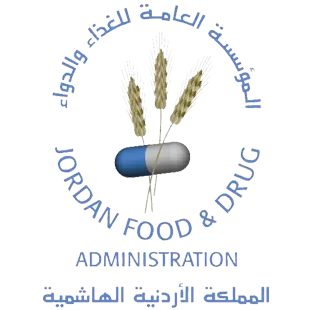
JFDA Guidelines for Pharmaceutical Manufacturing Site Accreditation Take Effect in June
Starting June, the Jordan Food and Drug Administration (JFDA) will implement updated regulations for accrediting and re-evaluating pharmaceutical manufacturing sites. The new guidelines apply to local and imported active ingredients, infant formula, radiopharmaceuticals, and biological products—excluding cosmetics and medical devices. Inspections will cover new site applications, production line additions, significant violations, or safety-related recalls. A specialized team of trained pharmacists will lead the inspections. These changes aim to strengthen quality oversight and ensure adherence to Good Manufacturing Practice (GMP) standards across local and international pharmaceutical production facilities operating in Jordan.
Iraqi Ministry of Health Announces New Pharmaceutical Registration Fees Effective May 15, 2025
The Iraqi Ministry of Health (MOH) has issued an official directive updating the fee structure for pharmaceutical registration and dossier modifications, effective May 15, 2025. The circular was released by the Technical Affairs Department – Registration Division and applies to scientific offices submitting health financing forms .

10 May 2025
This update aims to streamline regulatory processes and enhance the efficiency of dossier handling in line with current market dynamics.
New Fee Structure Overview:
Registration of foreign-manufactured products
Fast-track registration (evening shift)
3,000,000
2,000,000
Fee (IQD)
Modifications to company classification (e.g., independent to agent)
Re-registration (e.g., change of agent status)
200,000 per change
1,000,000
Service Type
These changes are officially recorded in the updated health financing booklets and apply to all new submissions received from May 15 onward.
Oman’s Drug Safety
Center Issues New Directive on Medication Importation Effective July 2025
The Directorate General of Pharmaceutical Affairs and Drug Control (DSC), under Oman’s Ministry of Health has released Circular No. 76/2025, outlining updated regulatory measures for private Pharmacies and medical stores. The directive emphasizes strict adherence to protocols for direct medication distribution and compliance with national regulations, effective July 1, 2025.
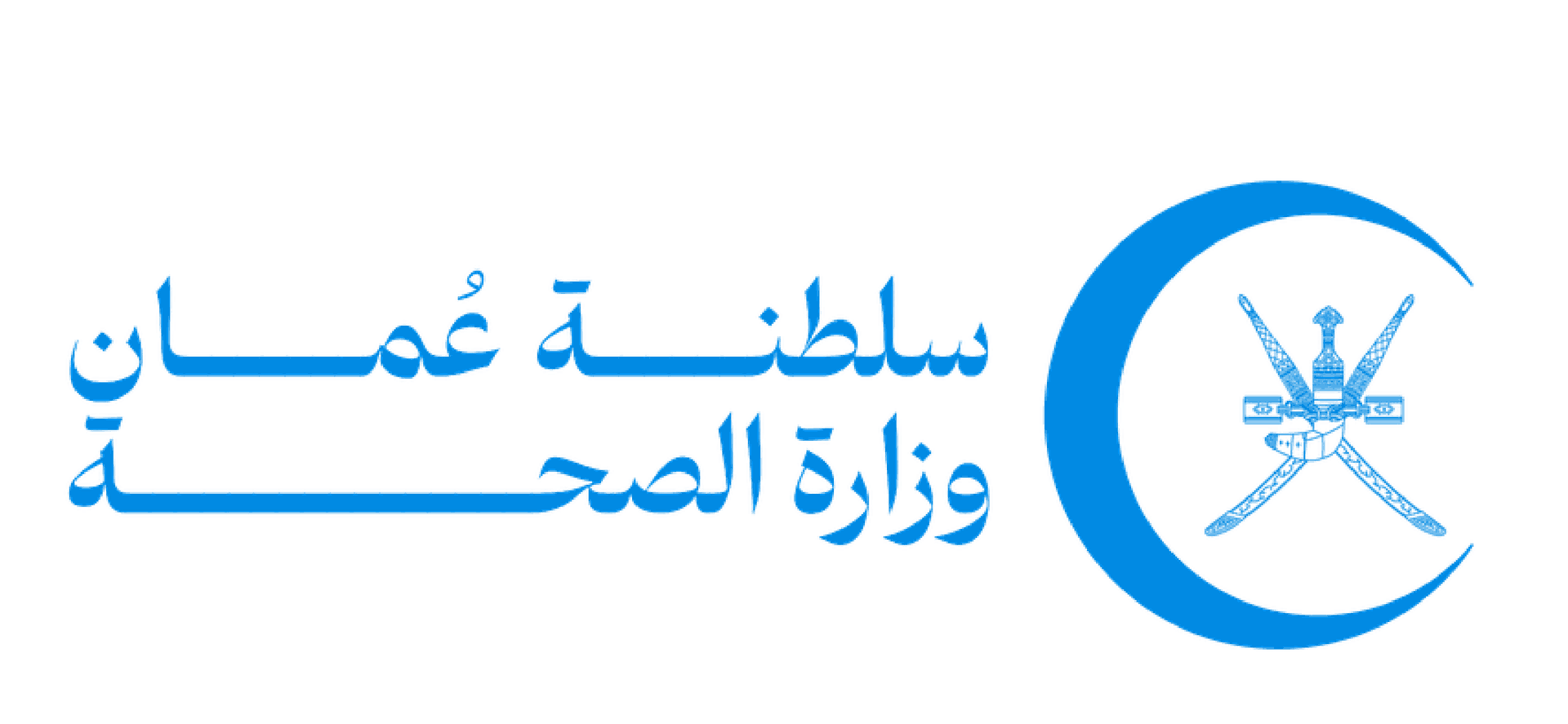
28 May 2025
Key provisions include:
Clearance Documentation: Healthcare providers must submit the bill of lading with the clearance request
Regulatory Coordination: Any conditions affecting medication availability must be addressed by the drug store and the pharmaceutical companies, ensuring therapies remain accessible in the market without undue restrictions.
Enforcement Timeline: Full compliance is mandatory by July 1, 2025, to prevent delays or regulatory penalties.
Implications for pharmacies and medical stores
Drug facilities and pharmacists are urged to review internal processes to meet the new requirements. Non-compliance may result in operational disruptions or legal repercussions.
Milestone Achievement for Regulatory Excellence in Africa
In a groundbreaking leap for African healthcare, Egypt has cemented its leadership as the first country in Africa to secure the World Health Organization’s (WHO) prestigious “Maturity Level 3” accreditation for its national medicines and vaccines regulatory system. This historic milestone, announced recently by the Egyptian Drug Authority (EDA), underscores Egypt’s unwavering commitment to global health excellence and positions it as a trailblazer in pharmaceutical innovation.

19 May 2025
From Vaccines to Medicines: A Dual Triumph
Building on its March 2022 achievement of Level 3 status for vaccines, Egypt has now replicated this success for pharmaceuticals as of December 2024. This dual accreditation reflects Egypt’s rigorous adherence to WHO’s Global Benchmarking Tool (GBT), which evaluates over 250 stringent indicators for regulatory efficacy, safety, and quality. Dr. Tamer Essam, EDA Chairman, hailed the feat as a testament to Egypt’s “stable, effective, and integrated regulatory framework,” capable of ensuring safe, high-quality medical products for its citizens and beyond.
Why Kernel Healthcare Expertise Matters
With Egypt’s pharmaceutical sector now eyeing international markets, streamlined regulatory processes are non-negotiable. Kernel Healthcare Regulatory Affairs, with its focus on end-to-end regulatory solutions, could play a pivotal role in navigating complex approval pathways, accelerating product registrations, and ensuring seamless compliance with WHO and target-market requirements.
First African Nation
to Achieve WHO’s Top Regulatory Ranking for Medicines & Vaccines
In a groundbreaking leap for African healthcare, Egypt has cemented its leadership as the first country in Africa to secure the World Health Organization’s (WHO) prestigious “Maturity Level 3” accreditation for its national medicines and vaccines regulatory system. This historic milestone, announced recently by the Egyptian Drug Authority (EDA), underscores Egypt’s unwavering commitment to global health excellence and positions it as a trailblazer in pharmaceutical innovation.

28 May 2025
Key provisions include:
Clearance Documentation: Healthcare providers must submit the bill of lading with the clearance request
Regulatory Coordination: Any conditions affecting medication availability must be addressed by the drug store and the pharmaceutical companies, ensuring therapies remain accessible in the market without undue restrictions.
Enforcement Timeline: Full compliance is mandatory by July 1, 2025, to prevent delays or regulatory penalties.
Implications for pharmacies and medical stores
Drug facilities and pharmacists are urged to review internal processes to meet the new requirements. Non-compliance may result in operational disruptions or legal repercussions.
News
Informed Today, Prepared Tomorrow
We commit to furnishing you with emerging trends, evolving regulations, and groundbreaking innovations influencing the Pharmaceutical, Medical Devices, and Cosmetics sectors—particularly within the MENA region.
NEWS
Informed Today, Prepared Tomorrow
We commit to furnishing you with emerging trends, evolving regulations, and groundbreaking innovations influencing the Pharmaceutical, Medical Devices, and Cosmetics sectors—particularly within the MENA region.
NEWS

JFDA Guidelines for Pharmaceutical Manufacturing
Site Accreditation Take Effect in June
6 May, 2025
Starting June, the Jordan Food and Drug Administration (JFDA) will implement updated ...

SFDA Releases Version 7 of Guidance for Products Classification
5 February, 2024
On February 5, 2024, the Saudi Food & Drug Authority (SFDA) reached a significant regulatory milestone by publishing Version...
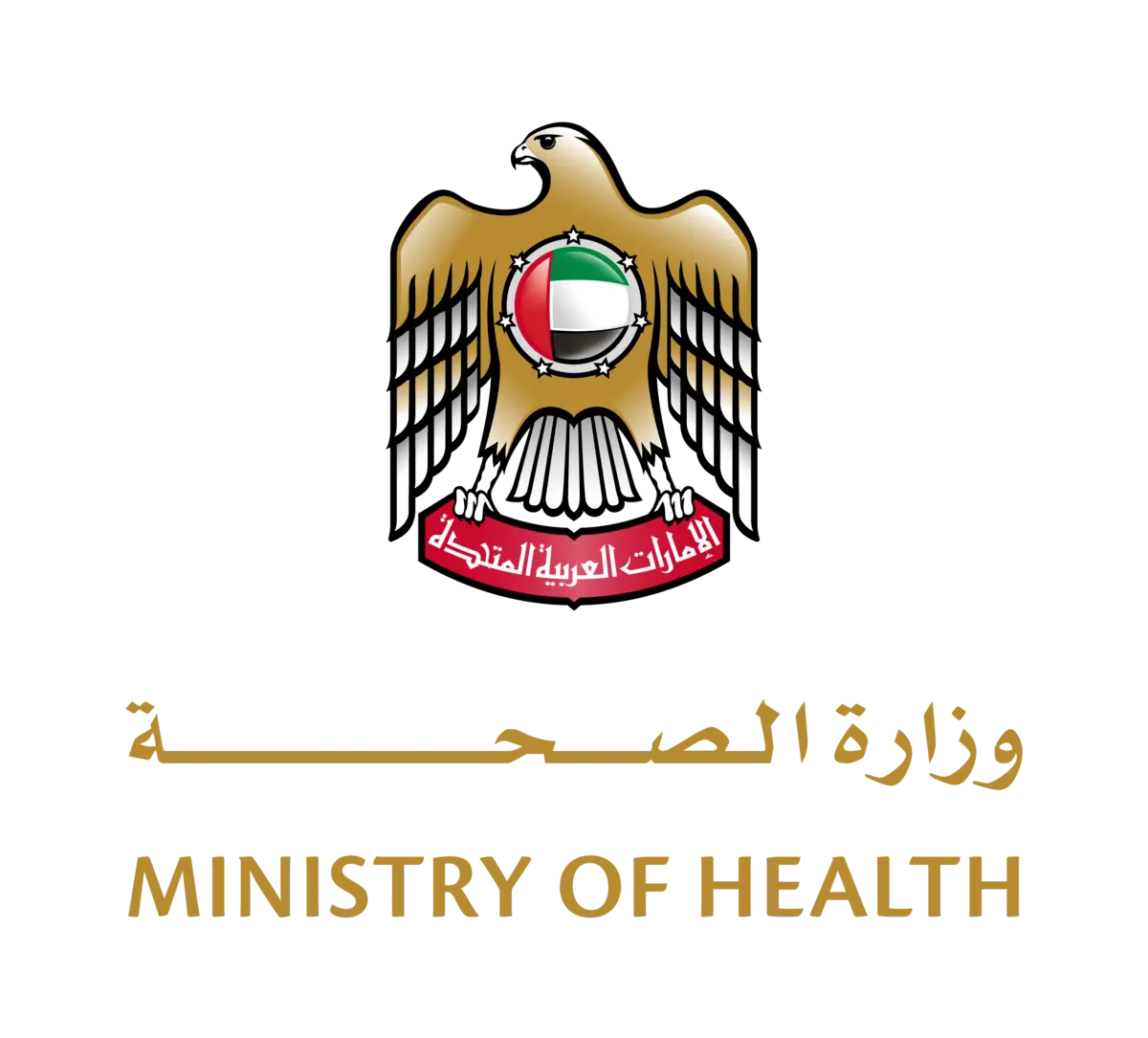
Modernizing UAE Pharmaceuticals: Key Reforms Under Federal Decree-Law No. 38/2024
10 Jan 2025
The United Arab Emirates has introduced Federal Decree-Law No. 38/2024, thereby repealing Federal Law No...

Saudi Food & Drug Authority Issues New and Updated Guidance Documents – Q1 & Q2 2024 Update
21 May 2024
During the first two quarters of 2024, the Saudi Food & Drug Authority (SFDA) released a series of new and updated guidance documents...

Iraqi Ministry of Health Announces New
Pharmaceutical Registration Fees Effective
15 May 2025
The Iraqi Ministry of Health (MOH) has issued an official directive updating the fee structure for..

"Itovebi"
Secures SFDA Breakthrough Designation for Advanced Hormone-Resistant Breast
Cancer Therapy
27 May 2025
The Saudi Food and Drug Authority (SFDA) has granted Breakthrough Designation to Itovebi ...

Milestone Achievement for Regulatory Excellence in Africa
19 May 2025
Egypt has become the first African nation to achieve the World Health Organization’s...

Bahrain’s NHRA
Launches “ADWEYA” Digital Platform to Transform Health Product Regulation
1 June 2025
The National Health Regulatory Authority (NHRA) today launched ADWEYA ...

Oman’s Drug Safety
Center Issues New Directive on Medication Importation Effective July 2025
28 May 2025
The Directorate General of Pharmaceutical Affairs and Drug Control (DSC), under Oman’s ...

SFDA Unlocks Faster Medicine Approvals Using Published Science
1 June 2025
To accelerate patient access to essential medicines, the Saudi Food and Drug Authority ...

Important
announcement for representatives of medical devices companies in Egypt
25 June 2025
In a move to streamline the registration process for medical devices in Egypt and to align with international regulatory practices ...

SFDA
Issues Version 5 of MDS-REQ2: Updated Clinical Study Requirements for Medical
Devices
22 June 2025
The Saudi Food and Drug Authority (SFDA) has officially released Version 5 of its ...

SFDA Unlocks Faster Medicine Approvals Using Published Science
23 June 2025
The Ministry of Public Health-Qatar (MOPH) has begun assessing how best to add Braille ...

SFDA Releases Version 7 of Guidance for Products Classification
On February 5, 2024, the Saudi Food & Drug Authority (SFDA) reached a significant regulatory milestone by publishing Version 7 of its Guidance for Products Classification. Approved on November 20, 2023, this new iteration introduces revised criteria and expanded information to streamline the classification process for a broad spectrum of products under the SFDA’s jurisdiction, with particular attention to medical devices and In Vitro Diagnostic (IVD) products.
February 5, 2024
Key Highlights of Version 7
Comprehensive Revisions: The latest version features in-depth updates that clarify the classification landscape for products under SFDA oversight. By establishing more detailed guidelines, the SFDA seeks to reduce ambiguity and ensure smoother regulatory pathways for industry stakeholders.
Emphasis on Medical Comprehensive Revisions: The latest version features in-depth updates that clarify the classification landscape for products under SFDA oversight. By establishing more detailed guidelines, the SFDA seeks to reduce ambiguity and ensure smoother regulatory pathways for industry stakeholders.
Devices and IVD Products: Recognizing the critical role these products play in healthcare, Version 7 places special focus on refining classification standards for medical devices and IVD products. Strengthened guidelines aim to uphold product safety and efficacy within the Saudi market.
Implications for the Healthcare Industry:
- Efficiency Gains: By providing more precise classification criteria, the SFDA anticipates a more efficient regulatory process, benefitting manufacturers, distributors, and other industry participants.
- Enhanced Compliance: Clearer product categorization requirements are expected to facilitate alignment with SFDA standards and international best practices, supporting product quality and patient safety.
Collaborative Regulatory Environment: Building on extensive feedback from manufacturers, industry experts, and other stakeholders, the SFDA continues to promote an inclusive approach to regulation. Version 7 reflects this collective effort, underscoring the Authority’s commitment to evolving its frameworks in tandem with global standards.
Qatar MOPH opens public consultation on Braille labelling for medicines
The Ministry of Public Health-Qatar (MOPH) has begun assessing how best to add Braille to the outer (secondary) packaging of human pharmaceuticals as part of its patient-safety and inclusion agenda.

23 June 2025
Regulatory Affairs – Accessibility
Scope of the assessment
MOPH is inviting comments from manufacturing sites and local agents on four core topics:
Technical application – feasible embossing laser or ink-jet solutions for Braille on cartons, wallets and tubes.
Product limitations – dosage forms or pack sizes where Braille may be impractical.
Minimum data set – key information (e.g. product name, strength, dosage form) that should appear in Braille by product class.
Transition plan – realistic timelines for:
- medicines already registered in Qatar
- medicines in the pipeline or newly submitted.
Comment deadline
Feedback must reach MOPH by 30 June 2025. Responses should outline anticipated challenges, line-equipment requirements and any knock-on effects for artwork lead times.
Regional context
The Saudi Food & Drug Authority (SFDA) is already implementing a phased Braille programme—2026 for newly registered products and 2028 for those already on the market. A GCC-wide harmonised guideline is therefore expected.

"Itovebi"
Secures SFDA Breakthrough Designation for Advanced Hormone-Resistant Breast
Cancer Therapy
The Saudi Food and Drug Authority (SFDA) has granted Breakthrough Designation to Itovebi, an innovative therapeutic agent developed for the treatment of advanced hormone-resistant breast cancer.
This designation underscores the potential of Itovebi as an add-on therapy to the palbociclib and fulvestrant regimen to address significant unmet medical needs in oncology, particularly for patients who have limited treatment options due to resistance to conventional hormone therapies.
The Breakthrough Designation is part of the SFDA's strategic initiative to expedite the development and review of drugs that demonstrate substantial improvement over existing therapies. By facilitating a more efficient regulatory pathway, the SFDA aims to ensure that promising treatments like Itovebi reach patients more swiftly, thereby enhancing clinical outcomes and quality of life for individuals battling advanced stages of breast cancer.
This development aligns with global efforts to accelerate the availability of critical medical innovations and reflects the SFDA's commitment to supporting advancements in cancer treatment. Healthcare professionals and stakeholders are encouraged to monitor further updates regarding Itovebi's clinical progress and regulatory status.
For more detailed information, please refer to the official SFDA announcement:
Saudi Food and Drug Authority (SFDA)
The UAE Embarks on a New Chapter in Pharmaceutical Regulation Under Federal Decree-Law No. 38/2024
The United Arab Emirates has introduced Federal Decree-Law No. 38/2024, thereby repealing Federal Law No. 8/2019, to modernize and strengthen oversight of medical products and pharmaceutical practices. As of January 2, 2025, the new legislation emphasizes robust safety measures, stricter compliance requirements, and a more cohesive regulatory structure. According to experts at Al Tamimi & Company, this reform reflects the UAE’s commitment to protecting public health while fostering innovation within the pharmaceutical industry.

10-Jan 2025
Key Provision
Creation of the Emirates Drug Establishment (EDE)
The EDE now oversees product approvals, pharmacovigilance, and market monitoring, unifying responsibilities that were previously dispersed across various agencies.
By consolidating regulatory functions, the government aims to streamline the evaluation of emerging therapies and expedite patient access to essential medications.
Federal Decree-Law No. 38/2024 broadens the definition of “medical products,” extending oversight to innovative treatments and previously unregulated medical technologies.
This modernized framework ensures that novel products—including biopharmaceuticals—undergo rigorous safety assessments.
Revised Marketing Approval System
New regulations allow certain products intended for severe or life-threatening conditions to enter the market through streamlined, urgent-access channels.
Publicly available data and transparent review processes are designed to strengthen confidence in newly approved therapies.
Bolstered Intellectual Property Rights
By reinforcing patent and exclusivity provisions, the UAE is encouraging research and development while safeguarding against IP violations.
Clearer regulations provide a stable environment for both domestic and multinational pharmaceutical companies, promoting investment in cutting-edge healthcare solutions.
Stricter Pharmacovigilance and Recall Procedures
Pharmaceutical companies and healthcare providers must report adverse effects promptly, ensuring patient safety remains paramount.
Unified oversight streamlines recall protocols, allowing swift action if a product is deemed unsafe.
Heightened Penalties for Non-Compliance
The law introduces more stringent penalties for violations, signaling the UAE’s continued emphasis on upholding the highest standards of public health.
Strong enforcement mechanisms bring the UAE’s pharmaceutical regulations further in line with international benchmarks.